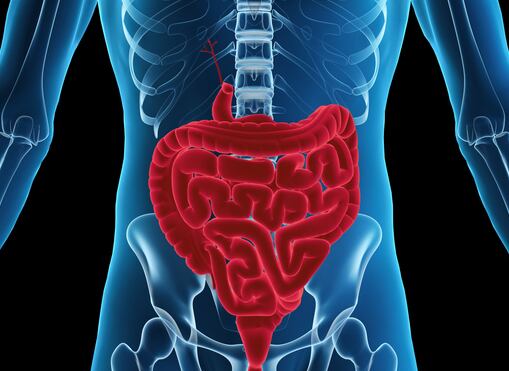The new research was published in the journal Medicine. It was the work of researchers associated with a university hospital in Shanghai.
The researchers said while there is a wealth of research related to whey protein supplementation and sarcopenia, there is a dearth of evidence relating to its use in subjects who are also suffering from inflammatory bowel disease (IBD).
Sarcopenia often associated with IBD
The researchers defined IBD a chronic inflammatory disease of the gastrointestinal tract characterized by remission and relapse, mainly including Crohn’s disease (CD) and ulcerative colitis (UC).
They said that sarcopenia, or muscle wasting and weakness—often but not exclusively associated with aging—is a common cofactor in IBD. From about one-third to about two-thirds of IBD patients also show low muscle mass, they said.
Resistance training is a common intervention recommended to stave off sarcopenia. The researchers wanted to see if the addition of whey protein would both be tolerated by the IBD group as well as whether it would boost the benefits of weight lifting.
To test their hypothesis, the researchers recruited 28 participants, who were all diagnosed IBD sufferers who also exhibited sarcopenia. They ranged in age from 18 to 65 years of age. All were slender, especially by Western standards, averaging about 21 BMI.
The subjects were divided into a whey protein plus exercise group, and a control group that performed resistance exercises only.
Light resistance exercise used as stimulus
The study ran for 12 weeks, during which the two groups performed daily light resistance training using body weight only, such as half squats, back leg lifts and side leg lifts, standing pushups and lunges. The whey protein group also ingested 10 grams a day of whey protein, while the control group took an equivalent placebo.
Both groups added muscle during the study period, which was expected. But the whey group added significantly more muscle mass than did the control group.
“Nutritional supplementation combined with resistance training enhances ASM/H2, albumin, hemoglobin, creatinine, and calf circumference. Nutritional supplementation combined with resistance training is better than resistance training alone to enhance ASM/H2 over 4 and 8 weeks of intervention,” the researchers concluded.
Source: Medicine
doi: 10.1097/MD.0000000000030386
Effects of nutritional supplement and resistance training for sarcopenia in patients with inflammatory bowel disease: A randomized controlled trial
Authors: Zhao J, et al.

